International theatre and dance season series

Tiago Rodrigues: Hecuba, not Hecuba (Hécube, pas Hécube)
Comedie Francaise
The setting is the dress rehearsal for Euripides's play. It is also the day of Nádia’s testimony in court, along with other mothers, in a case she has brought against the State regarding the abuse of her son and other children. In a single day, we witness a Greek tragedy in its dress rehearsal. However, it is increasingly difficult for Nádia to play the role of Hecuba, as she is confusing Euripides' words with those she has to say in court. Rehearsing the role of Hecuba, Nádia realises that she is rehearsing her own testimony. The rehearsal period of the play overlaps ambiguously with that of a judicial investigation. Euripides’s characters start encroaching on Nádia’s daily life. Agamemnon, whom Hecuba stands up to in a plead to grant her the right to avenge herself on Polymestor, becomes the judge, and Nádia presents her case, pleading to be allowed to punish those responsible for the mistreatment of her son. The silence of the politicians, who have tried to sweep the public scandal and the legal battle under the carpet, merges with the dilemma of Ulysses, who owed Hecuba friendship and assistance, but was forced to have a hand in her tragedy under martial law...
Except for the actress playing Nádia as Hecuba, each actor plays at least two characters: one in the context of the rehearsal of Euripides's play and the other in the context of the judicial investigation into the abuse of Nádia's son. The chorus, composed of the entire cast (except for the actress playing Nádia), plays the role of the narrator, witnessing the two intertwined worlds while offering a glimpse into the universal tensions that blur the boundaries between these two realities.
The show is structured as a journey through time, condensed into a single day. The rehearsal is made up of ongoing events interspersed with flashbacks of previous rehearsals. In a similar vein, the judicial investigation is a complex and dramatic compound of the time when the crime was committed, the present, and the future that is conditioned on the court's verdict.
Tiago Rodrigues (1977, Lisbon) is a Portuguese theatre director, playwright and actor. He graduated in theatre directing from the Lisbon Theatre and Film School (ESTC). Rodrigues gained renown for his directorial technique that blends elements of classical and contemporary drama, deliberately subverting and transcending the established boundaries of theatrical conventions. He is a co-founder and artistic director of the theatre company Mundo Perfeito. From 2015 to 2018 he was the artistic director of Teatro Nacional D. Maria II in Lisbon.
His productions often combine different art forms, including literature, music and visual arts, to create immersive and engaging audience experiences. He is known for reinterpreting classical works, addressing current issues and raising challenging socio-political themes.
The crucial factor in his creative development was the 1997 collaboration with the Belgian group tgSTAN, known for establishing specific relationships based on the absence of hierarchy. During his years with the group, Rodrigues developed his acting skills, began actively pursuing playwriting and evolved the principles of collective theatre. He began writing scripts, essays, poems, also devoting himself to directing. In 2003, Rodrigues and Magda Bizarro founded Mundo Perfeito, a troupe without a permanent base, with which he toured extensively in Portugal and Europe. Whether combining documentary stories with fiction, or drama classics with contemporary literature, Tiago Rodrigues' theatre is deeply rooted in the idea of writing for and with actors, seeking to poetically transform reality using theatrical tools.
In 2021, Rodrigues was appointed Artistic Director of the Festival d'Avignon. His four-year term began in 2022.
Comédie-Française
Comédie-Française is a national theatre that tours every season, both in France and abroad, performing in nearly 80 countries, a tradition that dates to its origins.
Comédie-Française’s troupe is the oldest active in the world. This organization is anchored by the Société des Comédiens-Français, which was established in 1681 and ensures the preservation and advancement of its art. Simul and Singulis, which means ‘to be together and to be oneself’, represents the functioning of the organization: a place where there is abundance of creativity and perpetual renewal, while also being a conservatory of the arts of saying, a space of ripening and a hearth of creation.
With about thirty shows presented each season in its three theaters in Paris and on tour - mostly built in its workshops - Comédie-Française is a hive of more than 70 jobs exercised by nearly 450 people, including about sixty actors and actresses. The spectrum of professions extends from the craft trades to those of the administration in a «micro-society» where traditional techniques and latest technologies mix. Comédie-Française presents theatres from all eras, French and foreign, by alternating classical and contemporary repertoire.
Tiago Rodrigues: Hecuba, not Hecuba (Hécube, pas Hécube)
18,00 | 24,00 | 29,00 EUR
15,00 | 20,00 | 25,00 EUR * * EUR za mlajše od 25 in starejše od 65 let ter upokojence.
Text and direction Tiago Rodrigues
French translation Thomas Resendes
Scenography Fernando Ribeiro
Costumes José Tenente
Lighting Rui Monteiro
Sound Pedro Costa
Artistic collaboration Sophie Bricaire
With the troupe of the Comédie-Française
Z igralskim ansamblom Comédie-Française
Éric Génovèse igralec, v vlogi Zbora in drugega Korifeja; Bonnefoy, koordinator mladinskega doma; Novinar
Denis Podalydès igralec, v vlogi Agamemnona; Tožilca
Elsa Lepoivre Nádia, igralka v vlogi Hekube
Loïc Corbery igralec, v vlogi Polimestorja; Državnega sekretarja
Gaël Kamilindi igralec, v vlogi Zbora in Služabnika; Duboisa, Nekdanjega uslužbenca mladinskega doma; Novinar
Élissa Alloula igralka, v vlogi Zbora in Korifeja; Nérine, nadomestne uslužbenke mladinskega doma
Séphora Pondi igralka, v vlogi Zbora; Odvetnice; Loyal, vzgojiteljice mladinskega doma
Production Comédie-Française
![]()
Coproduction Festival d’Avignon

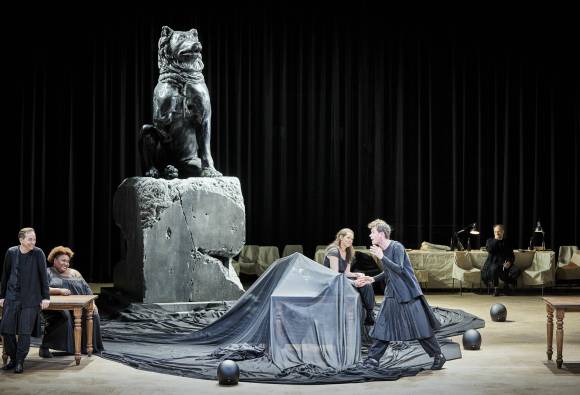
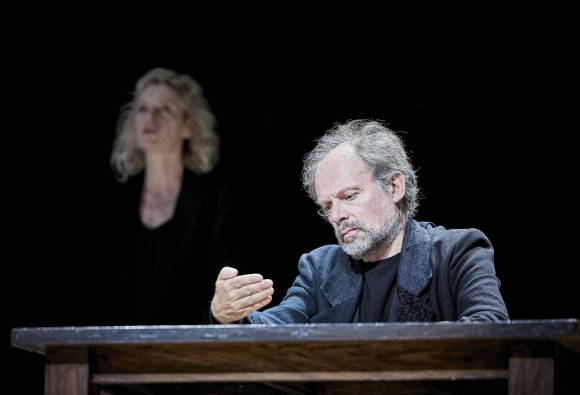
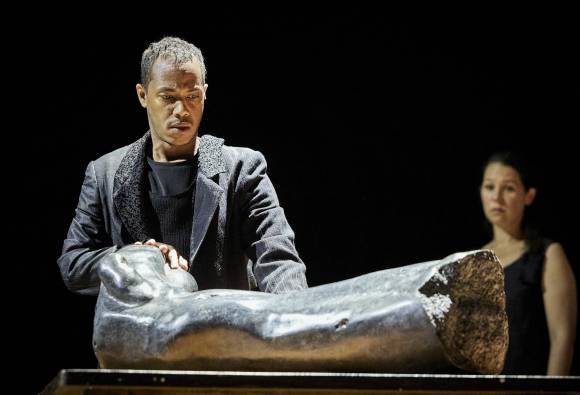
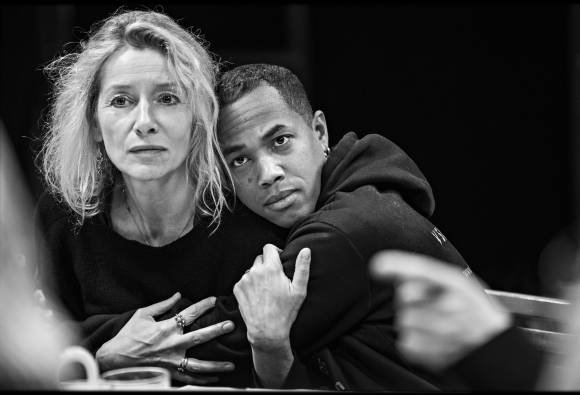
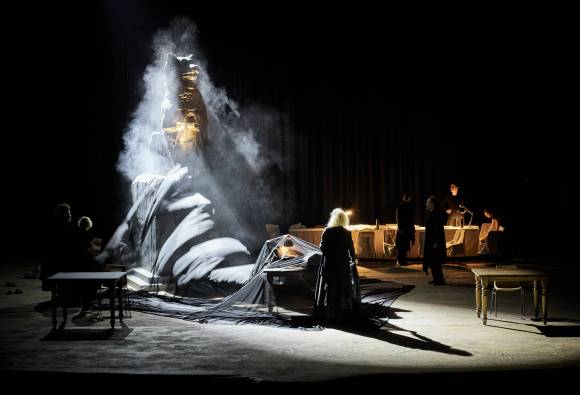
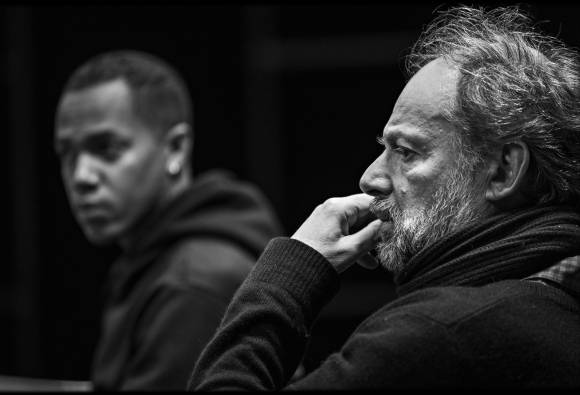
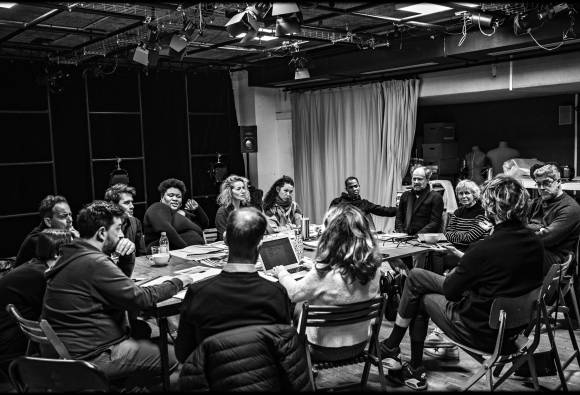


 magnificent. 2024/25
" width="580" height="395">
magnificent. 2024/25
" width="580" height="395">
